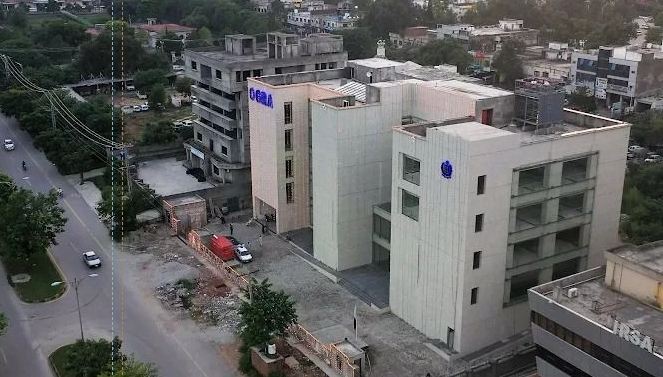ISLAMABAD, JUL 22 /DNA/ – The Oil & Gas Regulatory Authority (OGRA) has conducted a semniar at OGRA Headquarters to formally initiated a comprehensive digital platform to fully digitise Pakistan’s oil supply chain and is at highly advanced stage of the development. The digitisation will cover the import terminals to the fuel dispensing stations, in a move aimed at eliminating inefficiencies, curbing pilferage, and restoring public trust in the energy sector.
In a decisive statement, the Chairman OGRA Masroor Khan affirmed:
“Pakistan’s oil sector must embrace digitisation — fully and without delay. From the point of import to the petrol pump, every link in the supply chain must be digitally monitored. Digitisation is essential not just for operational efficiency, but also for national transparency and integrity.”
OGRA is committed to leading this transition and will not tolerate any obstruction, whether deliberate or due to neglect.
“Let me be clear: any obstruction to digitisation — whether by design, neglect, or vested interest — will be addressed firmly. We cannot allow outdated systems to hold back national progress,” the Chairman added.
Under this initiative, every component of the oil supply chain — including refineries, storage terminals, tank lorries, Oil Marketing Company (OMC) depots, and retail fuel stations — will be brought under a unified digital oversight framework. This real-time monitoring system will allow for improved tracking, better data integrity, and enhanced regulatory control.
OGRA clarified that this initiative is not a proposal, but a regulatory mandate.
“Digitisation is now a legal requirement. Clear timelines and enforceable penalties will ensure compliance. All stakeholders must align with this transformation or face regulatory consequences.”
This bold move positions Pakistan among progressive nations that are integrating technology with energy regulation to enhance national efficiency, reduce economic losses, and build public confidence.

















